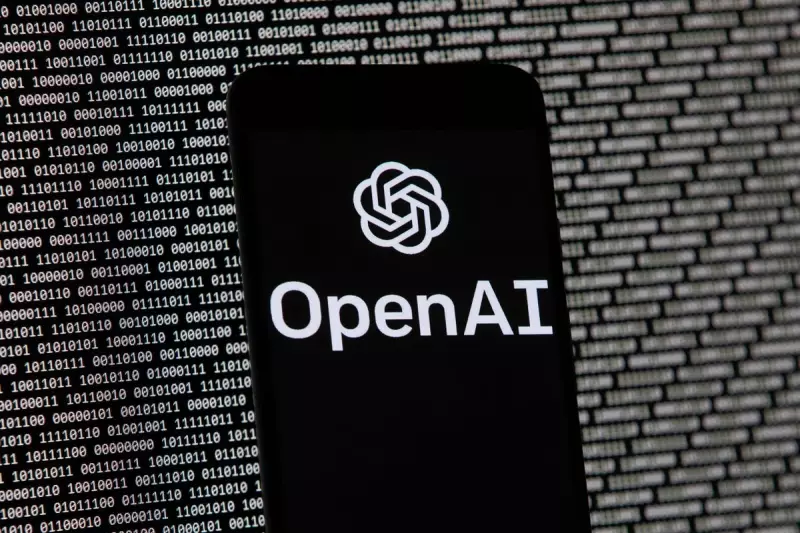
In a dramatic escalation of tensions within the artificial intelligence sector, OpenAI has suspended the account of ByteDance, the Chinese tech giant behind TikTok, following explosive allegations of intellectual property theft.
The Core Allegations
Internal documents reviewed by The Independent reveal that ByteDance has been systematically leveraging OpenAI's application programming interface (API) to develop its own competing large language model, codenamed 'Project Seed'. The investigation suggests this constitutes a clear violation of OpenAI's terms of service, which explicitly prohibit using model outputs to train competing AI systems.
How the Scheme Unfolded
According to sources familiar with the matter, ByteDance's approach involved:
- Extensive use of OpenAI's GPT architecture through their API
- Translation and masking techniques to conceal the origin of training data
- Development of a parallel AI system intended to compete directly with OpenAI's offerings
Industry-Wide Implications
This controversy emerges as major technology firms, including Microsoft and SoftBank, pour billions into AI development. Microsoft, a significant investor in OpenAI, now finds itself in a particularly delicate position given its substantial financial backing of both companies involved.
The Fallout and Response
OpenAI has confirmed the immediate suspension of ByteDance's account, stating they take terms of service violations extremely seriously. A spokesperson for ByteDance offered a carefully worded response, acknowledging limited use of OpenAI's API during early development phases but insisting that Project Seed's training primarily relied on internally generated data.
Broader Ethical Questions
This incident raises fundamental questions about AI development ethics and competitive practices in one of technology's most rapidly evolving sectors. As companies race to develop sophisticated AI systems, the boundaries between collaboration, competition, and intellectual property infringement are becoming increasingly blurred.
The outcome of this dispute could set crucial precedents for how AI development is regulated and what constitutes fair use in an industry where the rules are still being written.





